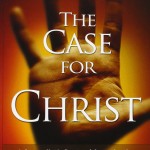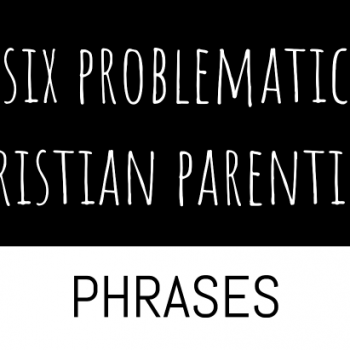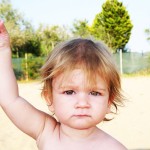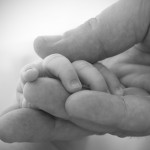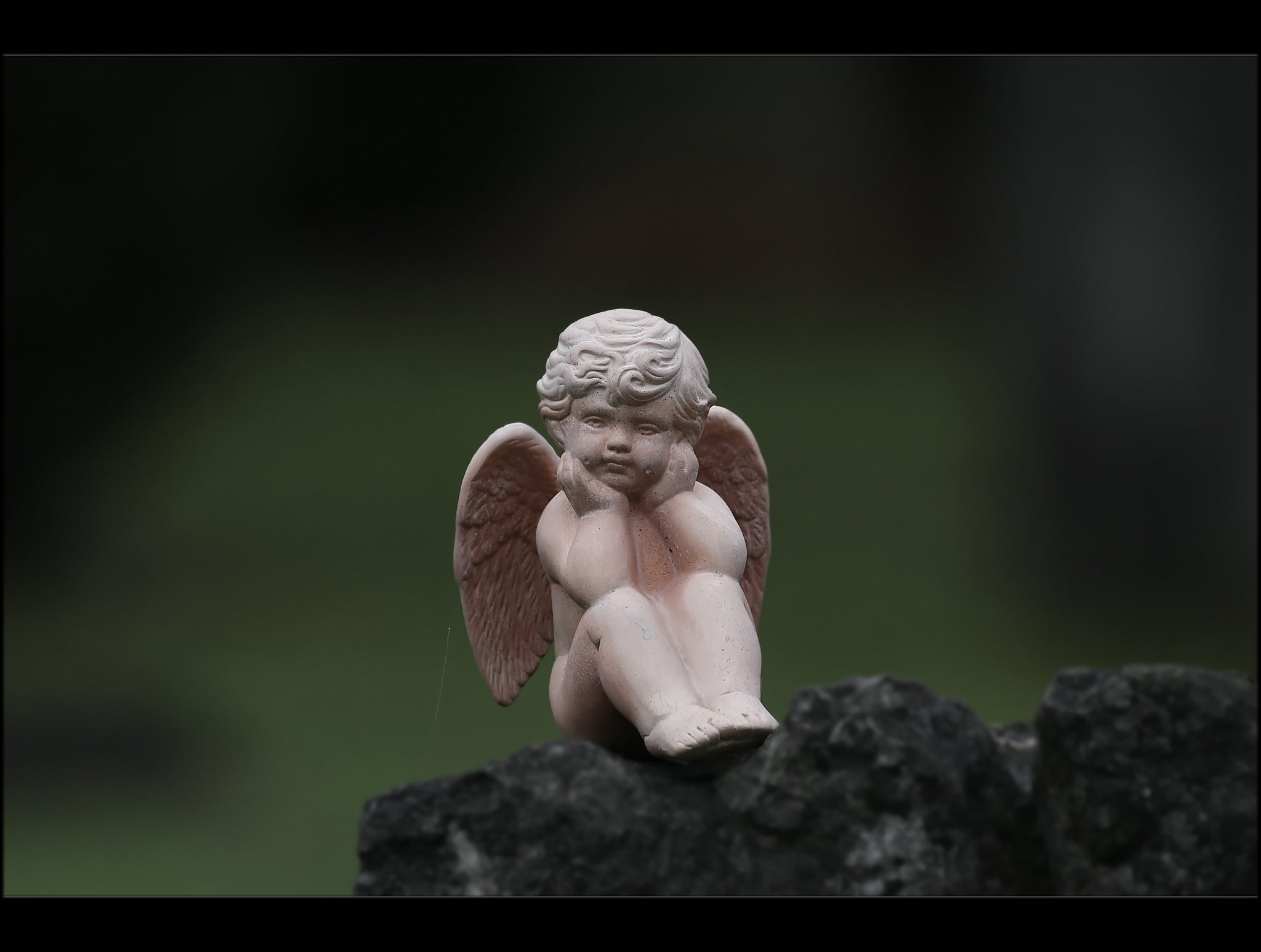
This is a view that I only see in progressive Christian circles. According to some progressives, children are born as angels—innocent, pure creatures. That can mean one or both of two things: that children are born unaware or unshaped by human imperfection or that children are born unaffected by the human experience. Basically, children are born “whole”—as one writer says, as “unaltered human nature”[i]—and it is life, sin, or other humans that “break” their wholeness. If those things did not happen, children would remain perfect, exactly who God intended them to be.[ii]
The problem is children are not born “unaltered.” No matter what environments they are born into, children still inherit experiences and traits from their parents. This obviously is not the meaning of original sin, but it is sort of the scientific version of it. Science shows us, for example, that trauma can be passed on generationally. One study found that the grandchildren of Holocaust survivors have the same altered stress hormones as their grandparents who were actually in the Holocaust. These grandchildren are born more vulnerable to stress, even PTSD.[iii] So some of those aspects of adults—that people who believe in the innocence of children believe children are born without—are actually a part of children from the moment they exist.
Science also shows us that unborn children’s environments—their parents, what their parents eat and drink, the support systems their parents have—can have a big impact on those children. For example, if an unborn child is in the womb of a person experiencing a lot of stress, that child feels the effects of the stress, too. That child can be born with anger issues, even if the child’s later environment is not encouraging the child to be angry.
Another problem with viewing children as angelic or innocent is that it causes adults to treat children with white gloves. If we think of children as having to be shielded from every potentially negative aspect of life, they end up not knowing how to deal with reality. Like Rapunzel in the tower, they are ill-equipped to enter out into the world on their own. U.S. poet laureate Billy Collins has a humorous poem about this entitled “The History Teacher”:
Trying to protect his students’ innocence
he told them the Ice Age was really just
the Chilly Age, a period of a million years
when everyone had to wear sweaters.
And the Stone Age became the Gravel Age,
named after the long driveways of the time.
The Spanish Inquisition was nothing more
than an outbreak of questions such as
“How far is it from here to Madrid?”
“What do you call the matador’s hat?”
The War of the Roses took place in a garden,
and the Enola Gay dropped one tiny atom on Japan.
The children would leave his classroom
for the playground to torment the weak and the smart,
mussing up their hair and breaking their glasses,
while he gathered up his notes and walked home
past flower beds and white picket fences,
wondering if they would believe that soldiers
in the Boer War told long, rambling stories
designed to make the enemy nod off.[iv]
Depriving children of reality, simply to protect some idealistic adult notion about innocence or perfection, is another way we treat children as less than.[v] We value our romantic notions of what the “essence” of childhood is—some generalized idea like “openness” or “wonder”—and then we apply it to children even though every child is unique. In this way we actually are erasing children, even though our intention was to better care for and respect them.[vi]
When we argue that children are innocent or angelic, therefore, we are not simply idealizing children and thus not paying attention to the real children around us with real issues. We are also missing the fact that every child is going to have unique issues and struggles from the moment of birth. These struggles can very well be the same struggles adults have—stress, anger, deceitfulness, stubbornness, and so on. Children are by no means innocent or angelic because children are every bit as real and human as adults are.
Works Cited
[i] Janet Pais, Suffer the Children: A Theology of Liberation by a Victim of Child Abuse, Paulist Press, 1991, p. 37.
[ii] Ibid, p. 32-3: “The wholeness of the young child, which if left intact might indeed allow growth and development in God’s image, is instead broken… Human perfection can grow only out of the already existing perfection of the image of God in the whole individual, born literally as a new creation.”
[iii] Tori Rodriguez, Scientific American, “Descendants of Holocaust Survivors Have Altered Stress Hormones,” March 1, 2015, link, accessed on April 29, 2016.
[iv] Billy Collins, Sailing Alone Around the Room, Random House, 2001, p. 38.
[v] William Werpehowski, “In Search of Real Children: Innocence, Absence, and Becoming a Self in Christ,” The Vocation of the Child, ed. By Patrick McKinley Brennan, Wm. B. Eerdmans Publishing, 2008, p. 63: “Innocence in this sense tends to deny children any status other than their need to be protected as utterly vulnerable and malleable creatures. So it renders them, in their own reality, absent.”
[vi] Ibid, p. 63-4: “Even a vision of children as naturally and ideally ‘open’ to the divine can rob them of their agency; their blessed privilege of being an instance of ‘childhood’ is purchased at the cost of their real being in the world.”


